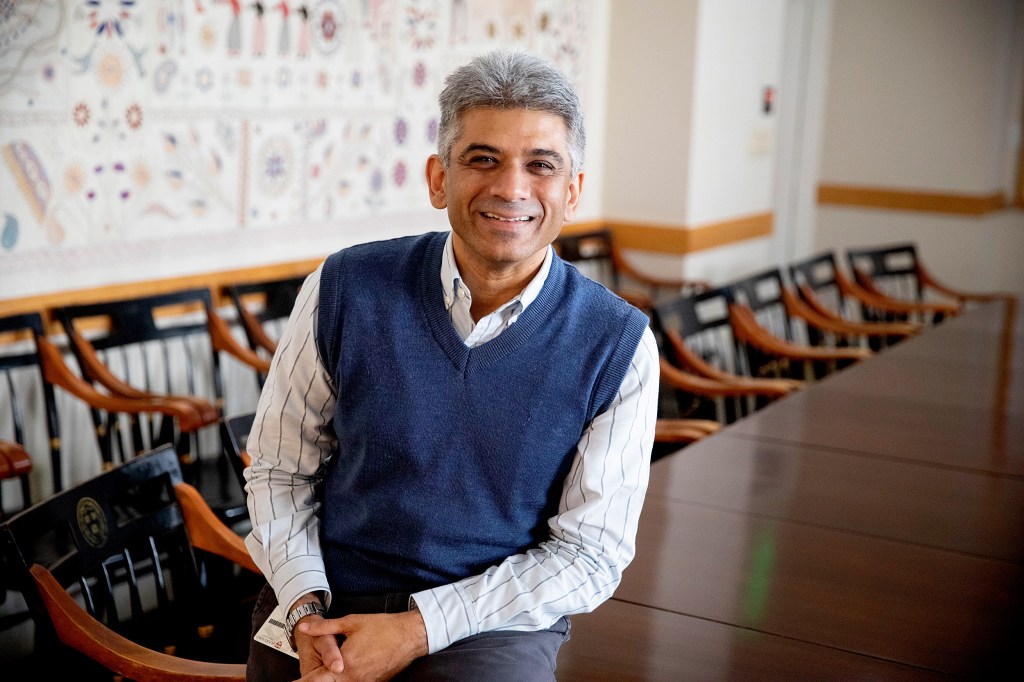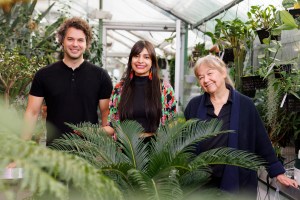Nation & World
-
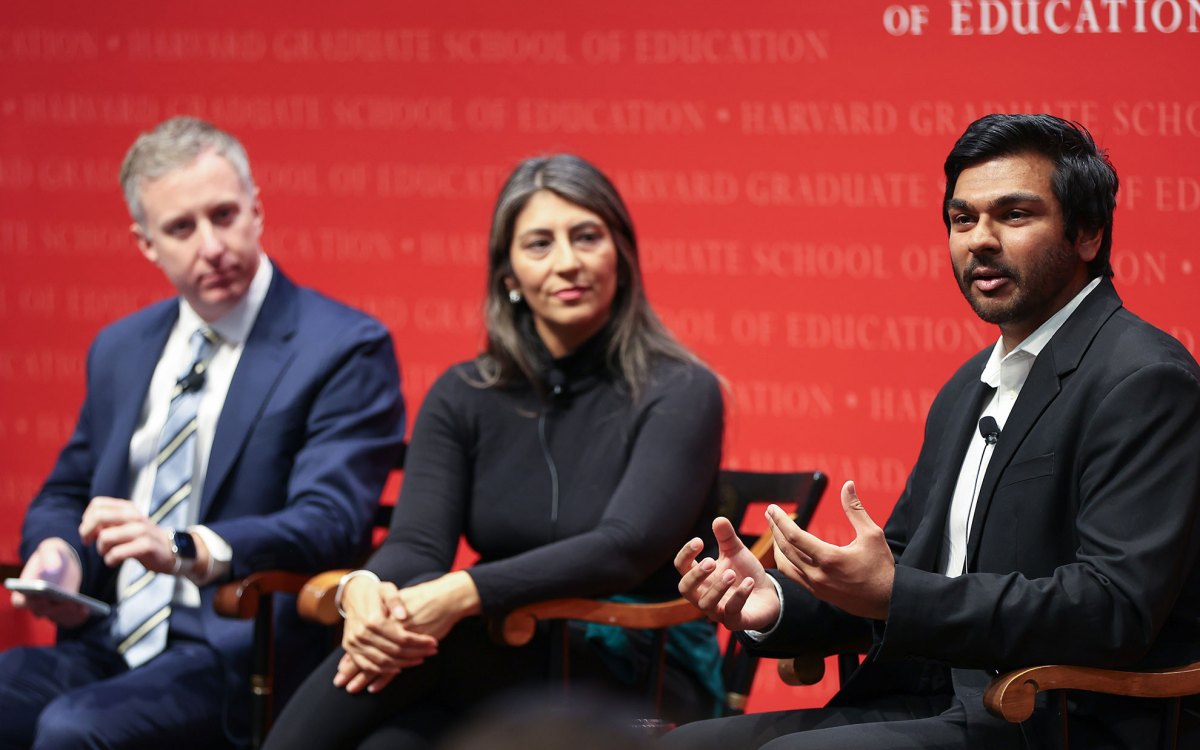
What’s working, not on front lines of AI in classroom
Tech, education experts share new initiatives on learner profiles, making STEM more accessible, ‘microschool’ experiments
-
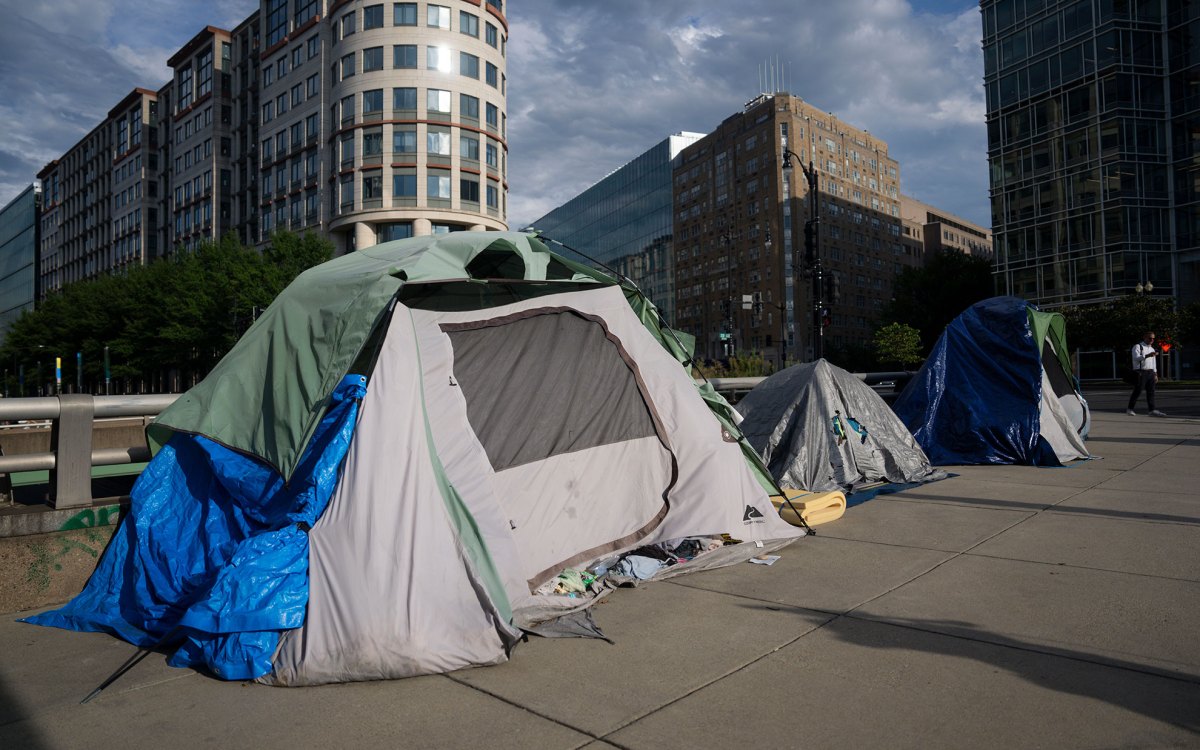
A call for corporate America to step up on homeless crisis
Business School initiative brings together leaders from business, government, academia
-

Think the viral meme of that legislator is funny?
Political philosopher says rampant schadenfreude among electorate poses risk to democracy
-
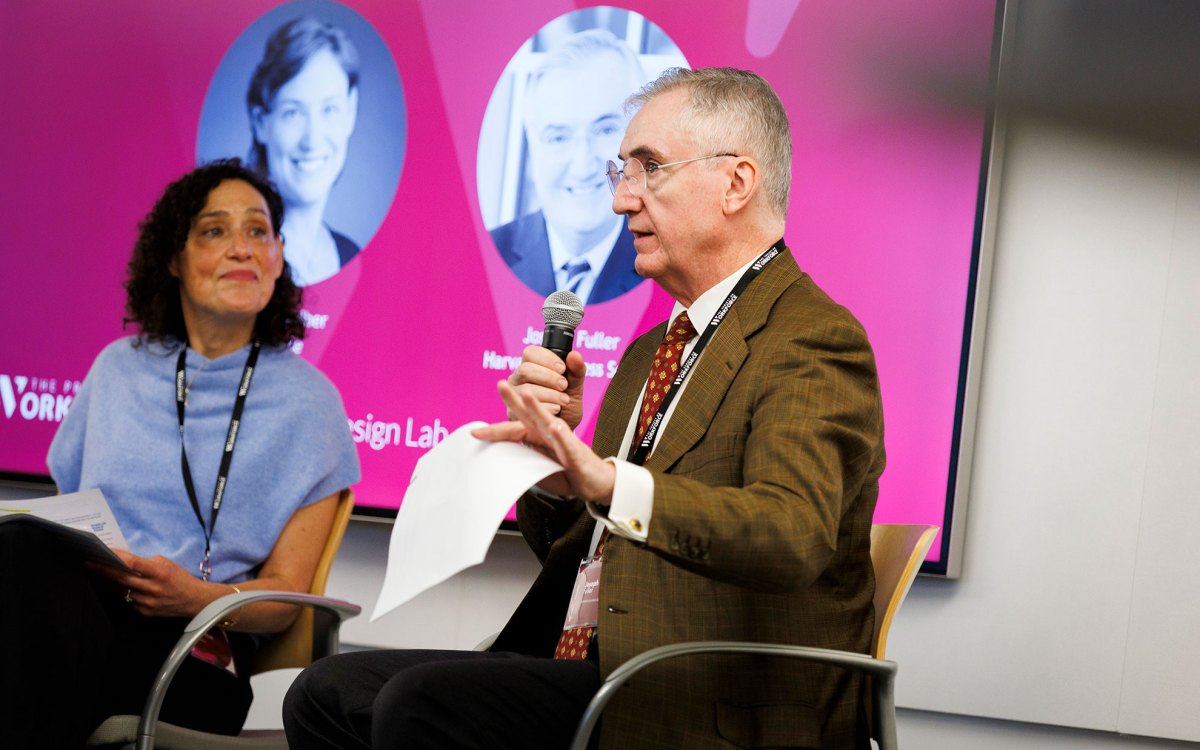
How AI is disrupting classroom, curriculum at community colleges
Conference examines ways to deal with unique vocational, educational challenges
-
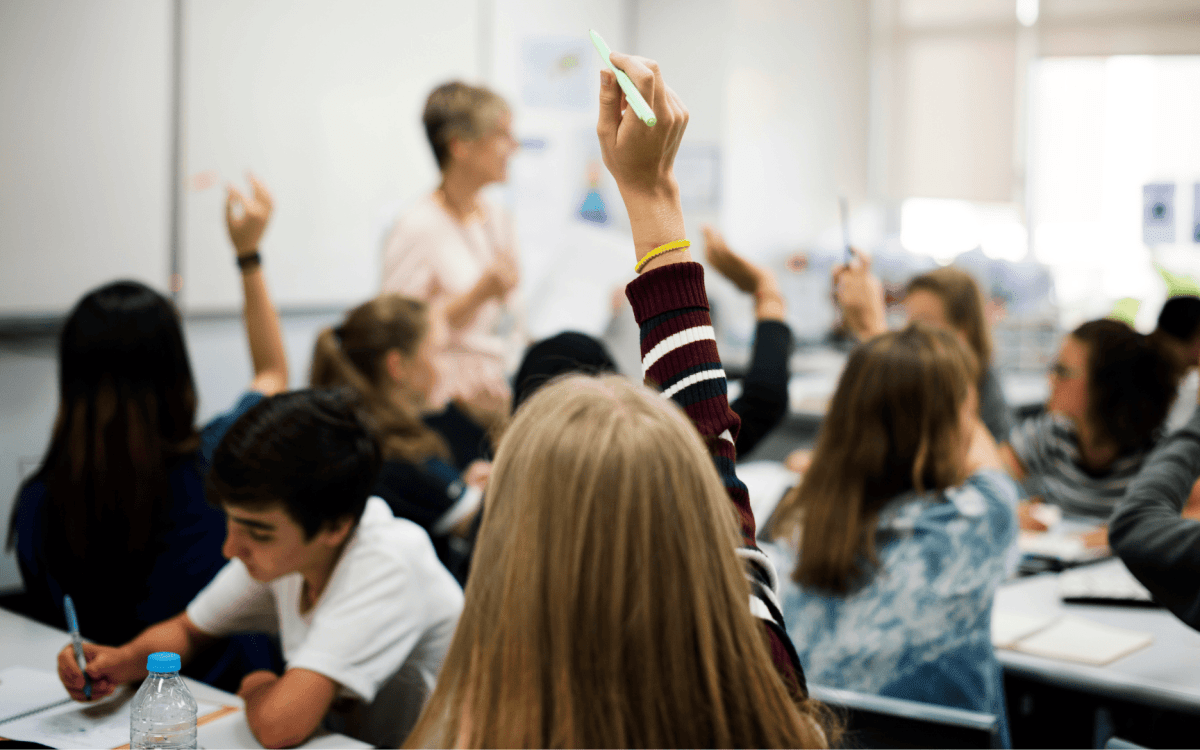
Girls fell further behind in math during, after pandemic
Leading sociologist says emotional, family, social disruptions likelier cause than school closures
-
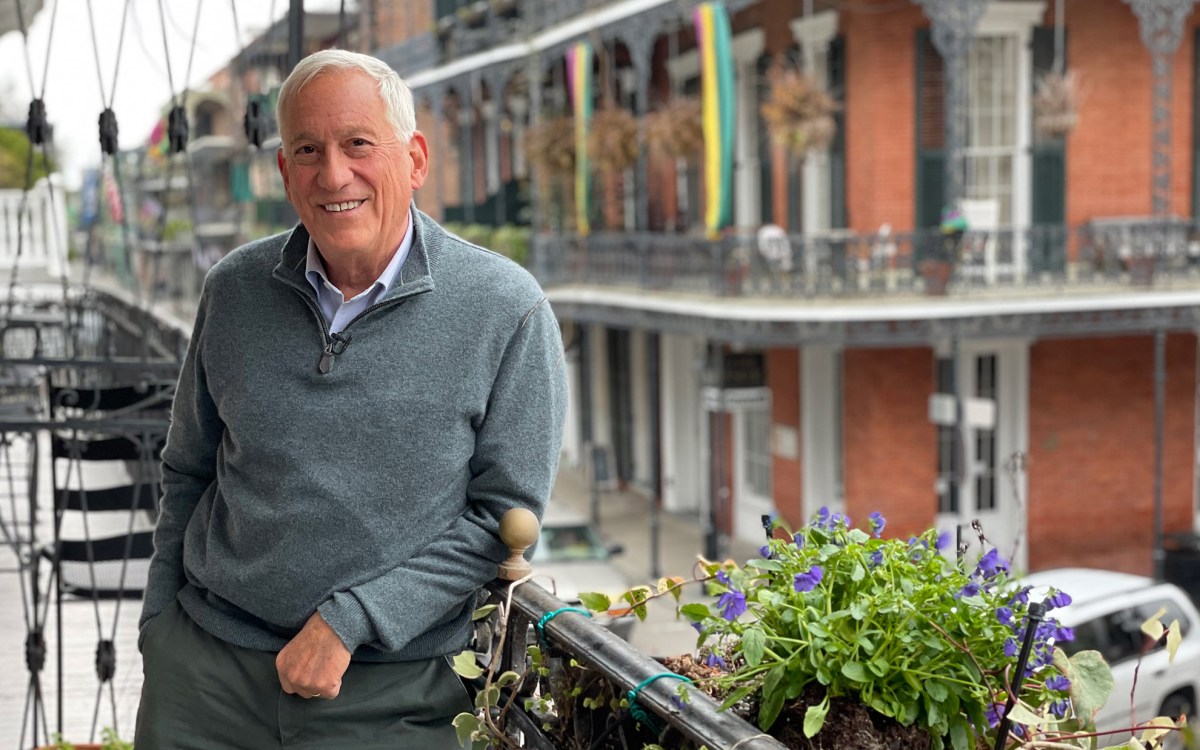
Our self-evident truths
New book takes as focus ‘greatest sentence ever written,’ how it may help a riven nation recall common values
-
United front
Rye Barcott is a U.S. Marine Corps veteran living in North Carolina. He is the co-founder and CEO of With Honor, a group that aims to bridge partisanship in U.S. politics by supporting veterans running for office.
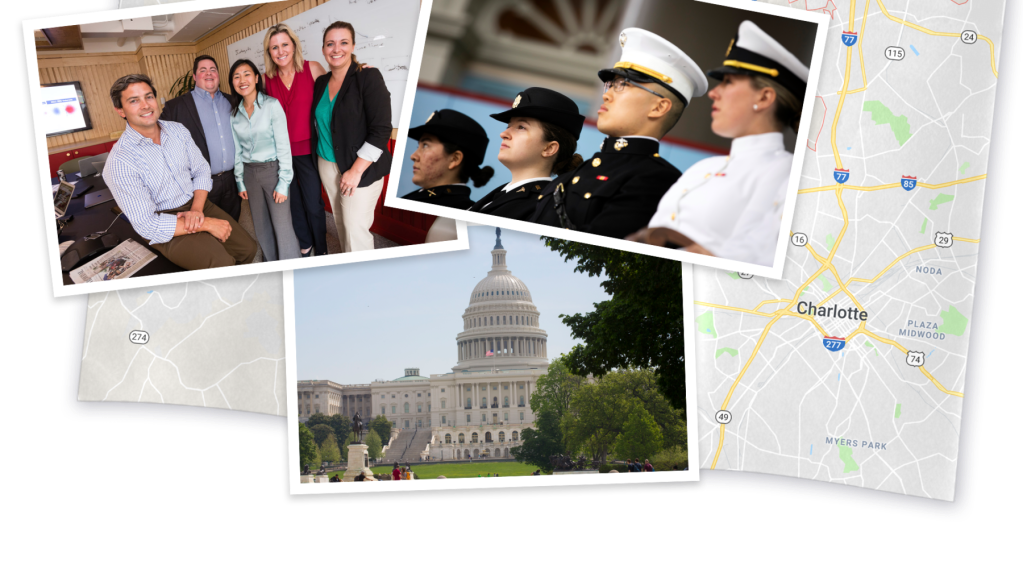
-
On the Brexit hot seat
On Monday the man who has emerged as a celebrity of the Brexit debate, Speaker of the House of Commons John Bercow, came to campus during a brief break from his duty as official referee of the popularly elected legislative body.
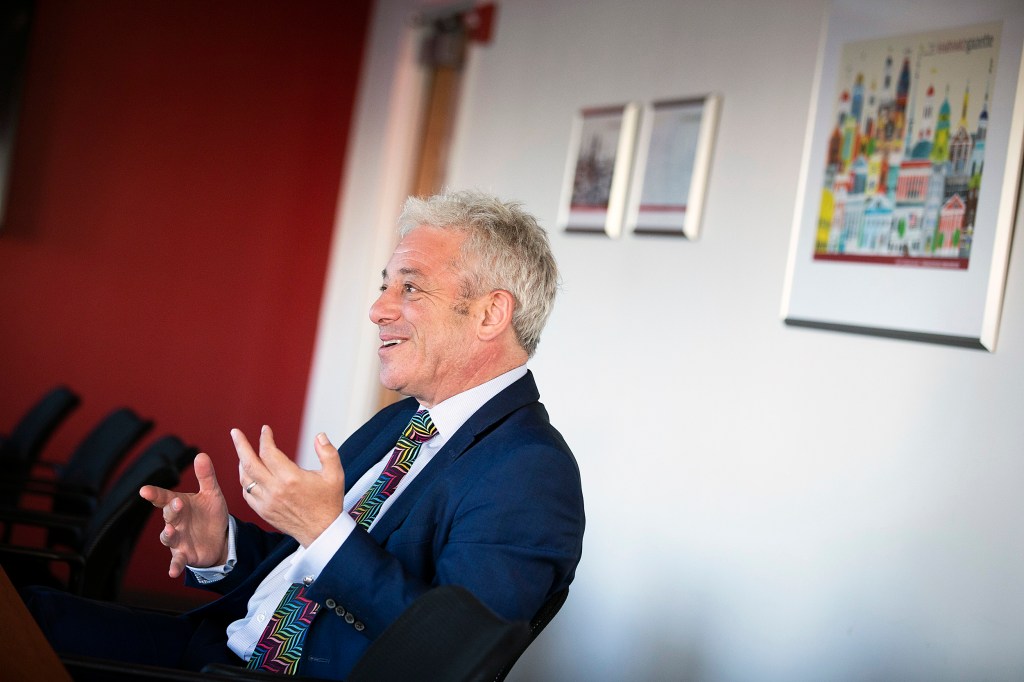
-
Lights, camera, access
Brickson Diamond is the co-founder of Blackhouse, a foundation that helps black writers, producers, directors, and executives gain a better foothold in the film and television industries.
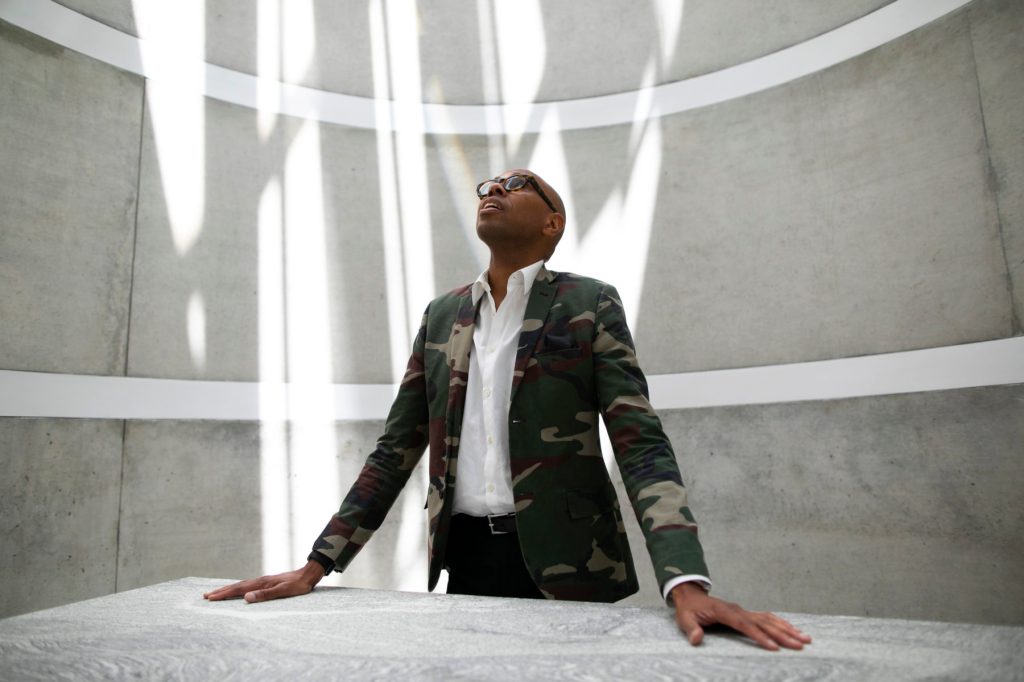
-
Seeds of change
Benet Magnuson is a native Kansan and the executive director of Kansas Appleseed. His career has been dedicated to nonprofit advocacy on behalf of impoverished and excluded communities.
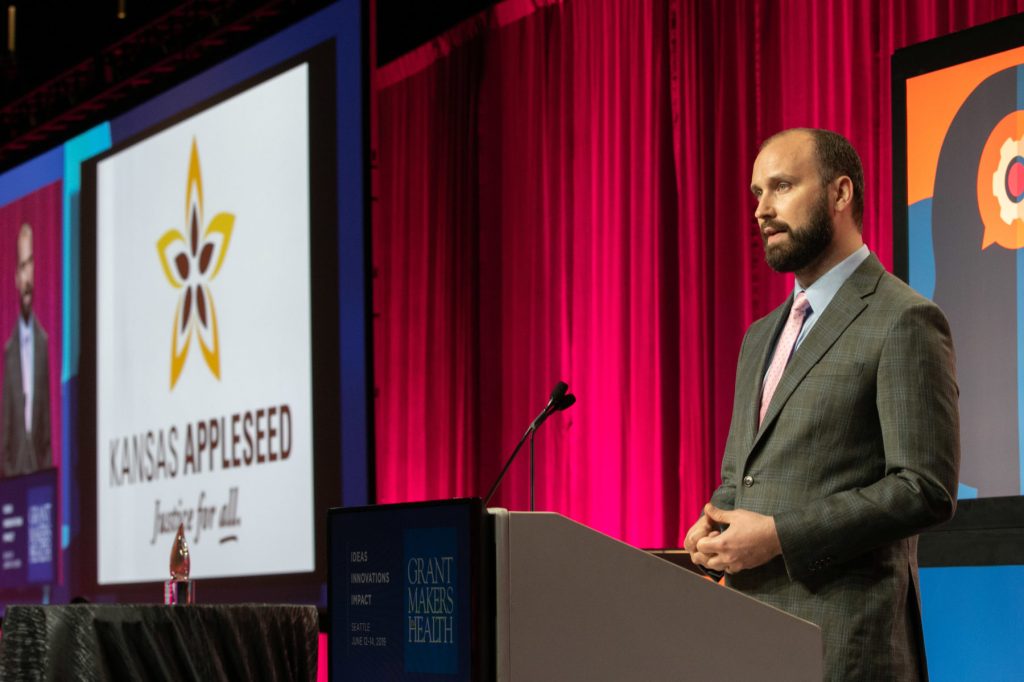
-
Growing home
Izzy Goodchild-Michelman is a South Carolina native who spent six weeks working for Hub City Urban Farm in Spartanburg, S.C., before she started at Harvard. She helped write grants and revamped the educational Seed to Table curriculum that’s used with elementary and middle school students.
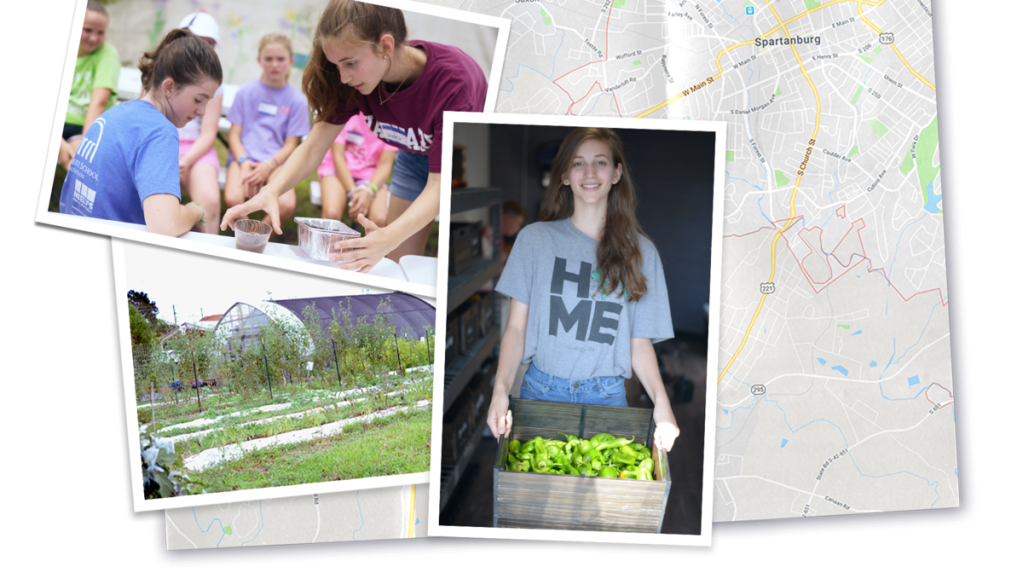
-
New report urges Congress to close its growing tech gap
Harvard Kennedy School researchers release report urging Congress to close its growing tech-knowledge gap.
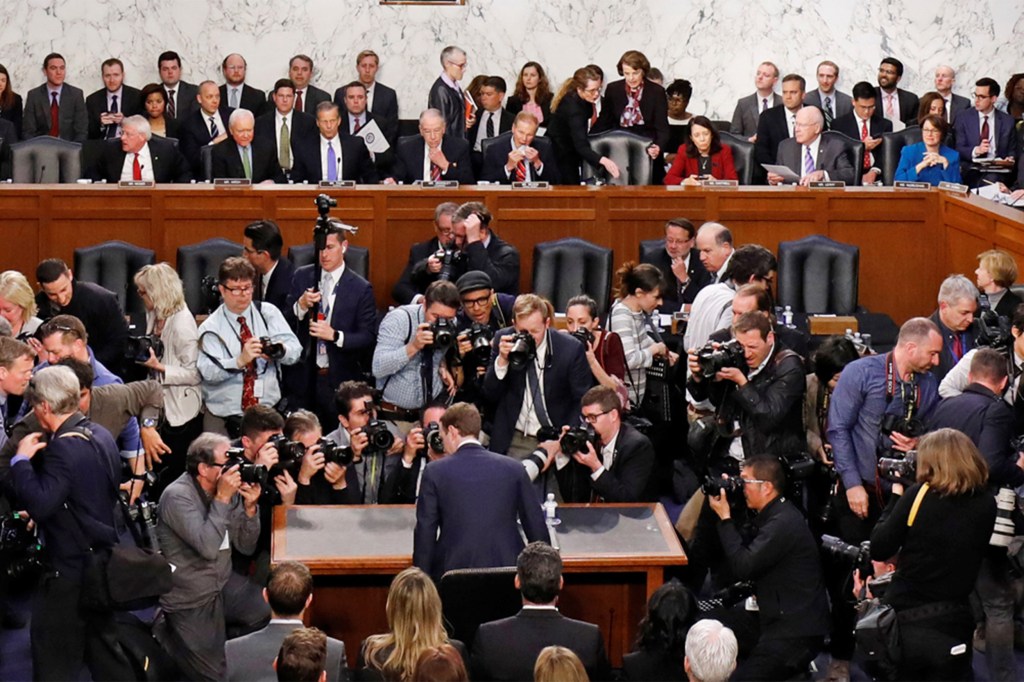
-
Symposium celebrates career of William Julius Wilson
Symposium celebrates career of William Julius Wilson.
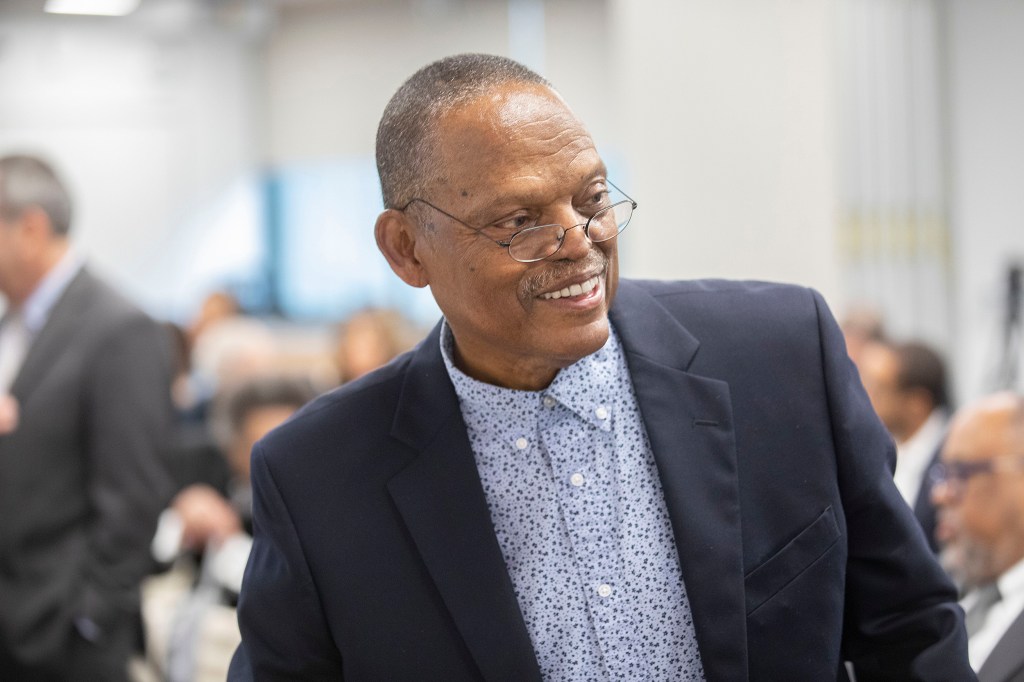
-
Humanizing global problems
Samantha Power says the desire to make positive change springs from understanding our connections as people.
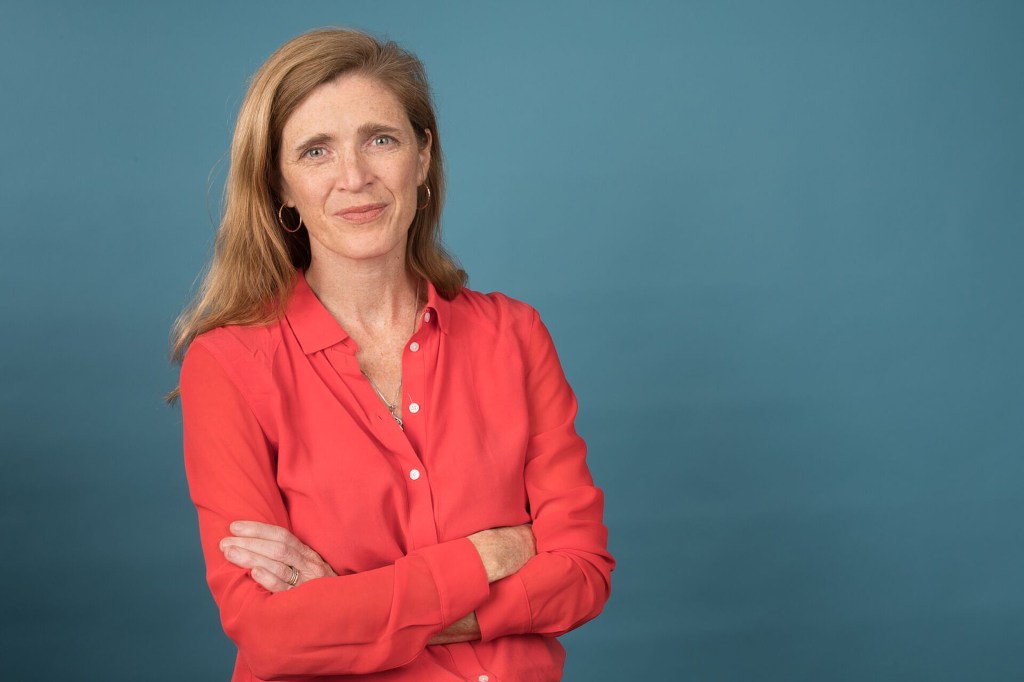
-
Like a fish out of a war zone
An excerpt from “The Education of an Idealist: A Memoir” by Samantha Power.
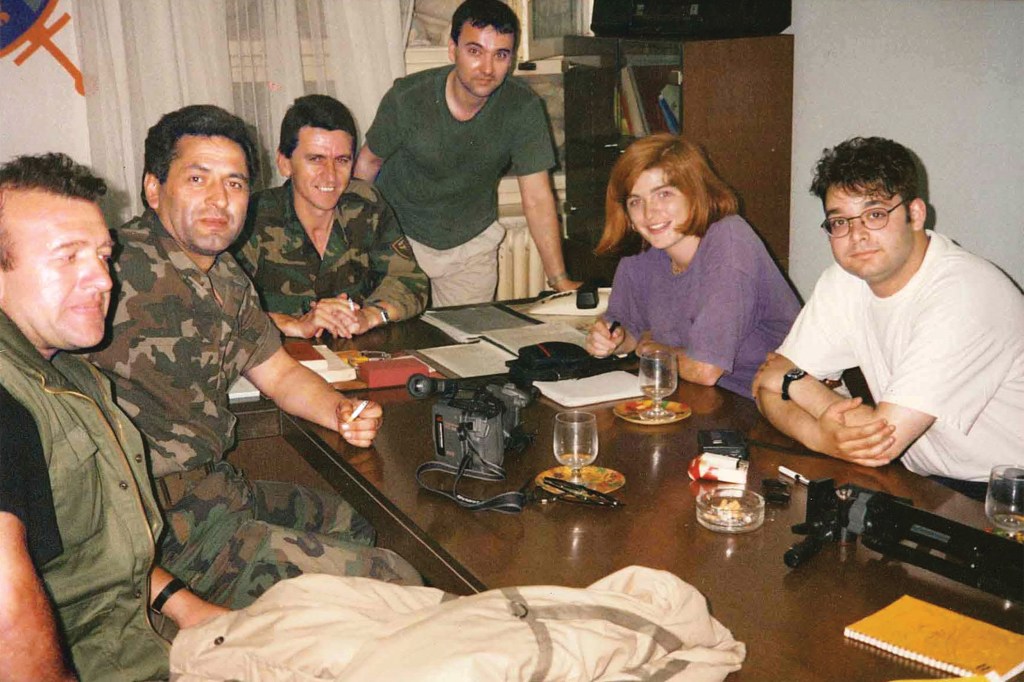
-
Amazon blazes could speed climate change
Harvard biologist and longtime Amazon rainforest researcher Brian Farrell discusses how the forest fires raging in Brazil are threatening the planet’s climate, and how to stop them.
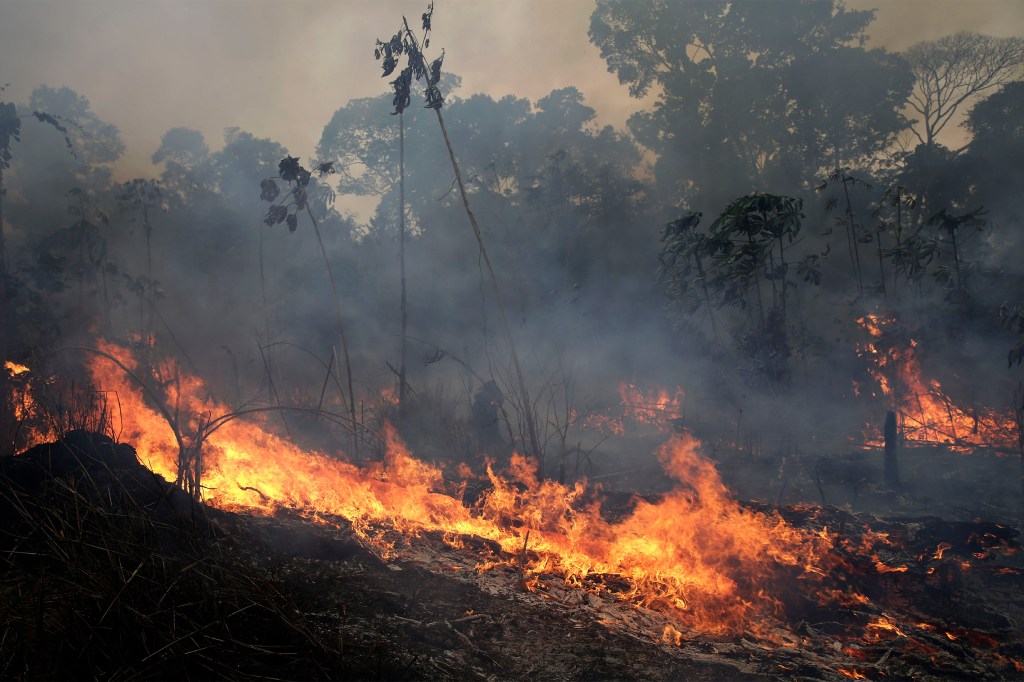
-
Searching for deeper learning
An interview with HGSE professor Jal Mehta about the book “In Search of Deeper Learning” he co-authored with Sarah Fine, Ed.M. ’13, Ed.D. ’17. The book examines the American high school and where students are experiencing deeper learning, which involves engagement, joy, and a sense of community.
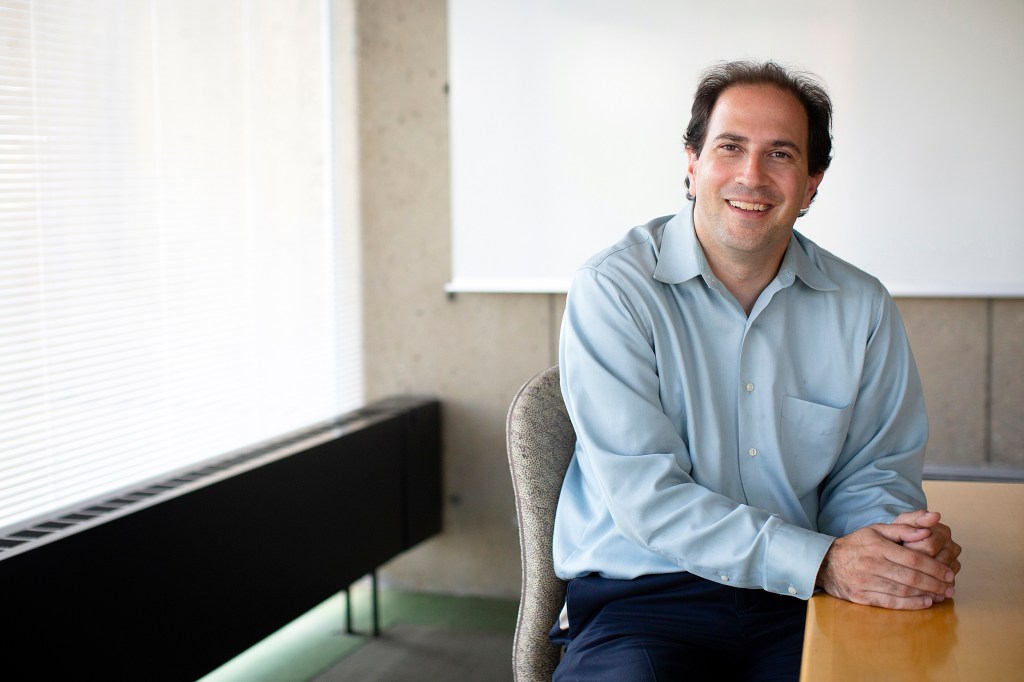
-
Want to stop mass shootings?
In the wake of mass shootings in El Paso, Texas, and Dayton, Ohio, the Gazette spoke with David Hemenway, professor of health policy at the Harvard T.H. Chan School of Public Health, director of the Harvard Injury Control Research Center, and author of the 2006 book “Private Guns, Public Health.” Hemenway has spent much of his career studying gun violence.
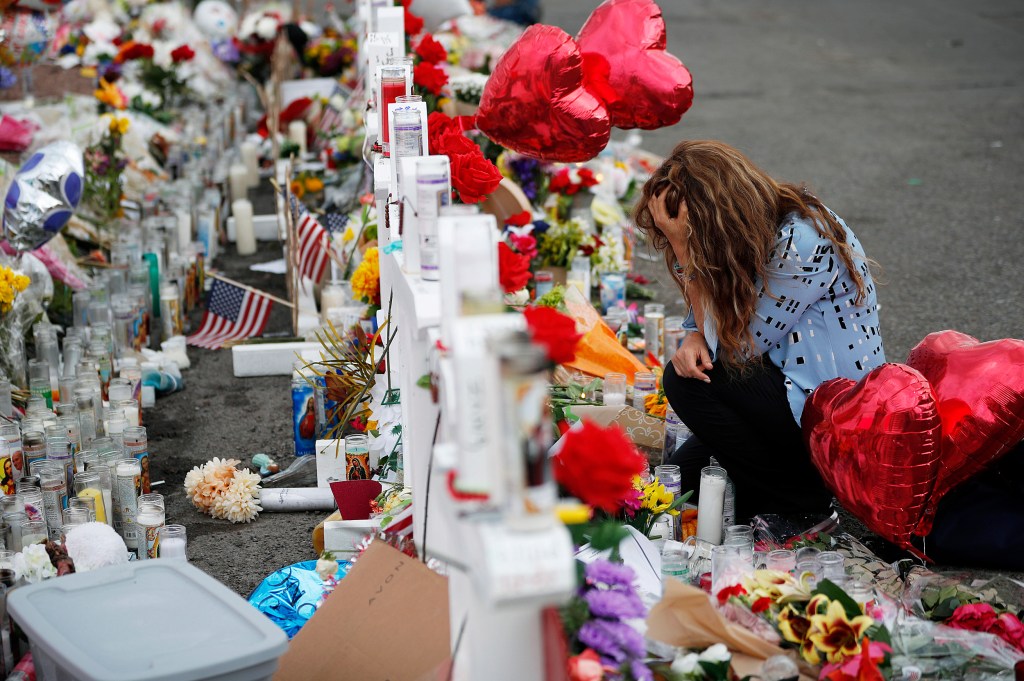
-
Given support and a choice, families move to where children do best
A collaboration between Harvard’s Opportunity Insights and public housing agencies in Washington state found that giving support and advice about housing options to families with housing choice vouchers led to significantly more of them moving to areas where children have higher recorded rates of upward mobility.
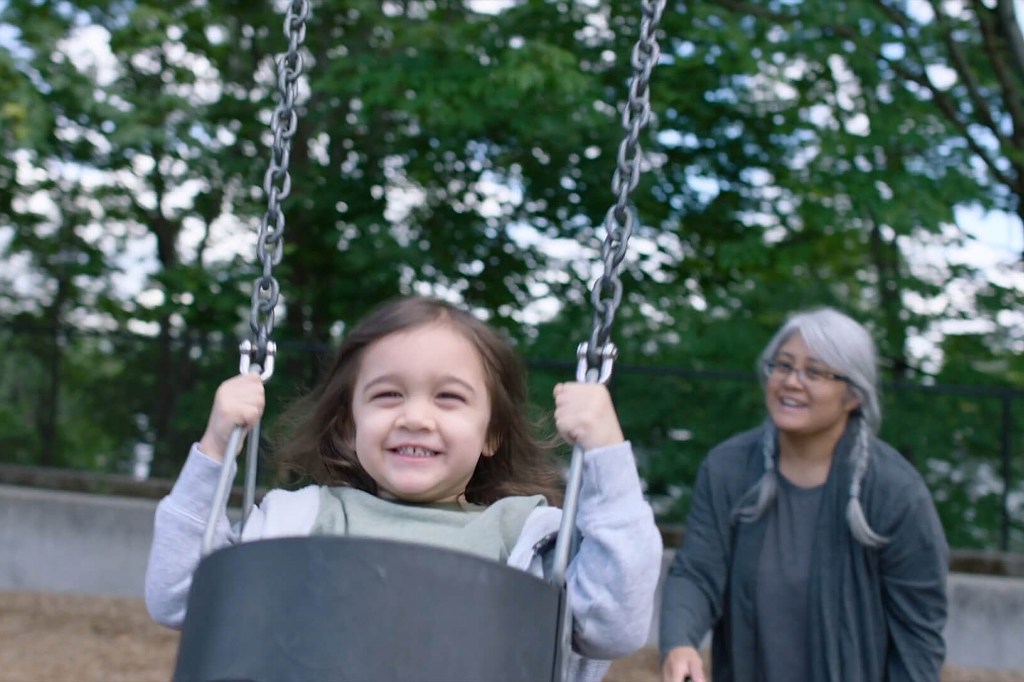
-
Digging up the past
Harvard archaeology Professor Matthew Liebmann sat down with the Gazette to talk about his research, how his field has reckoned with the past, and how both influence his teaching.
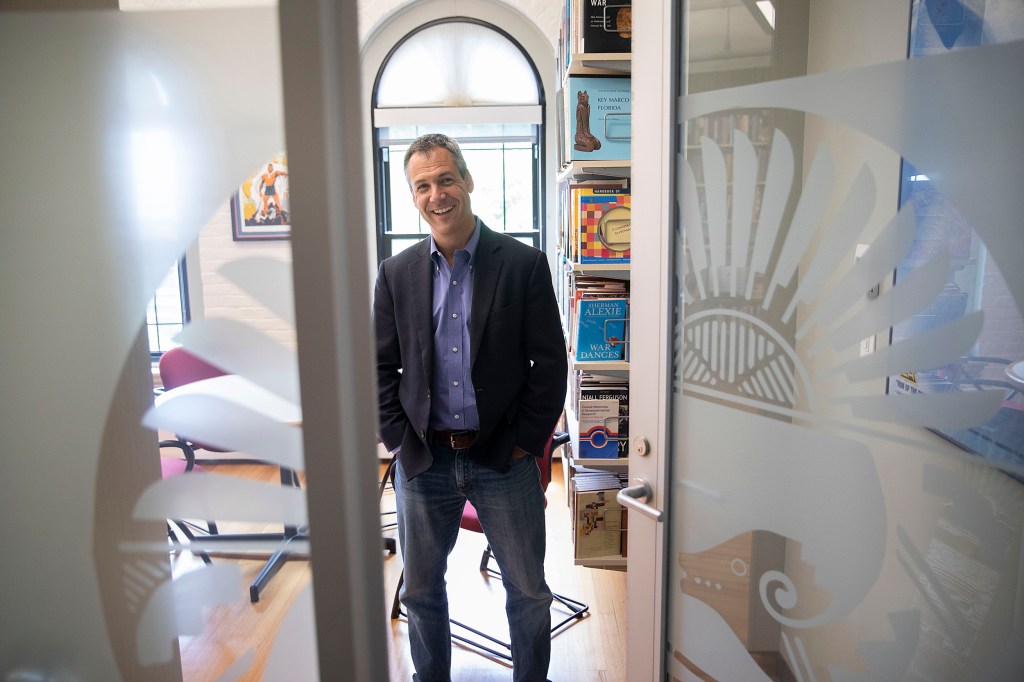
-
No visible bruises
Rachel Louise Snyder spoke with Diane Rosenfeld, a lecturer and director of the Gender Violence Program at Harvard Law School, about her book “No Visible Bruises: What We Don’t Know About Domestic Abuse Can Kill Us.”
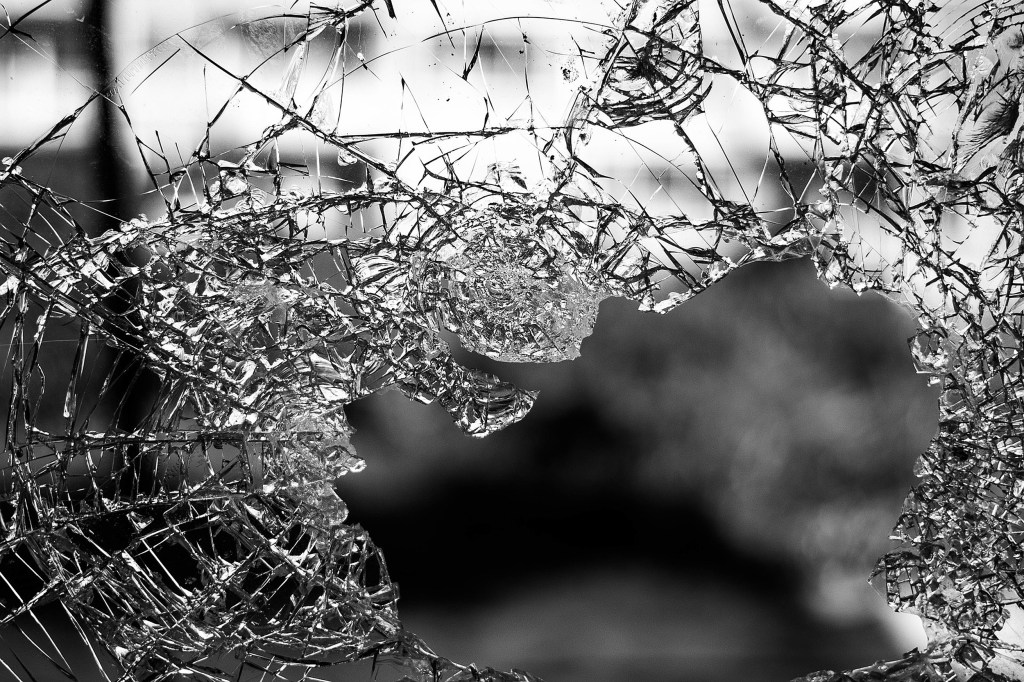
-
Portrait of the revolutionary as a young man
Jonathan M. Hansen’s biography of Fidel Castro’s early years aims to “get past the demonization and celebration and recover the complex person in the middle.”
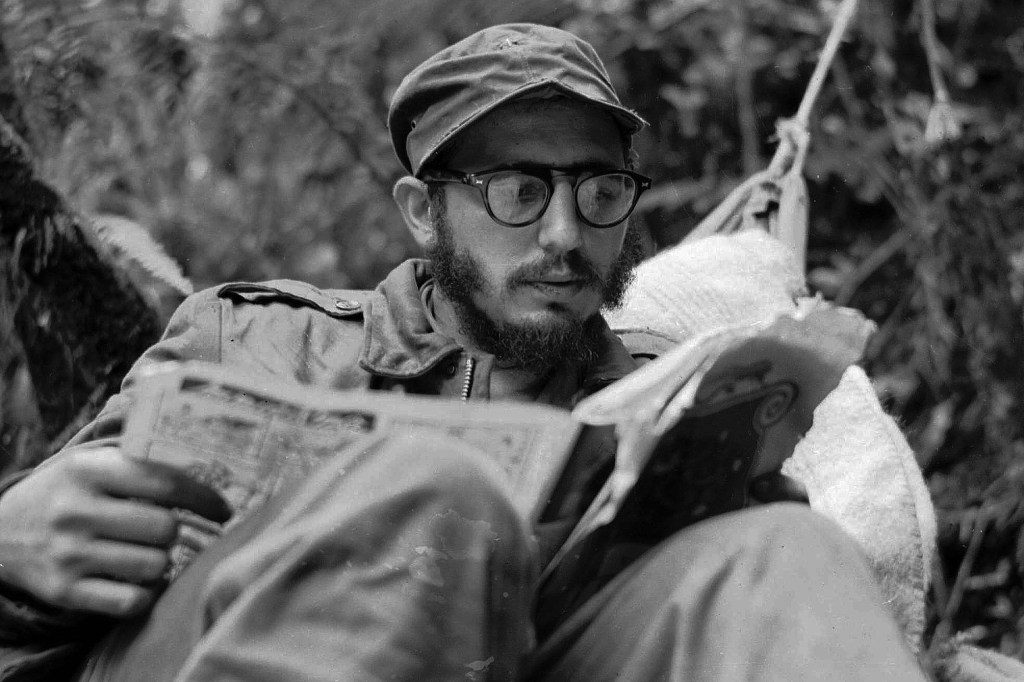
-
Message in the dust
An unusual find during a Harvard Summer School program archaeological dig teaches students the fundamentals at one of Peru’s most important sites.
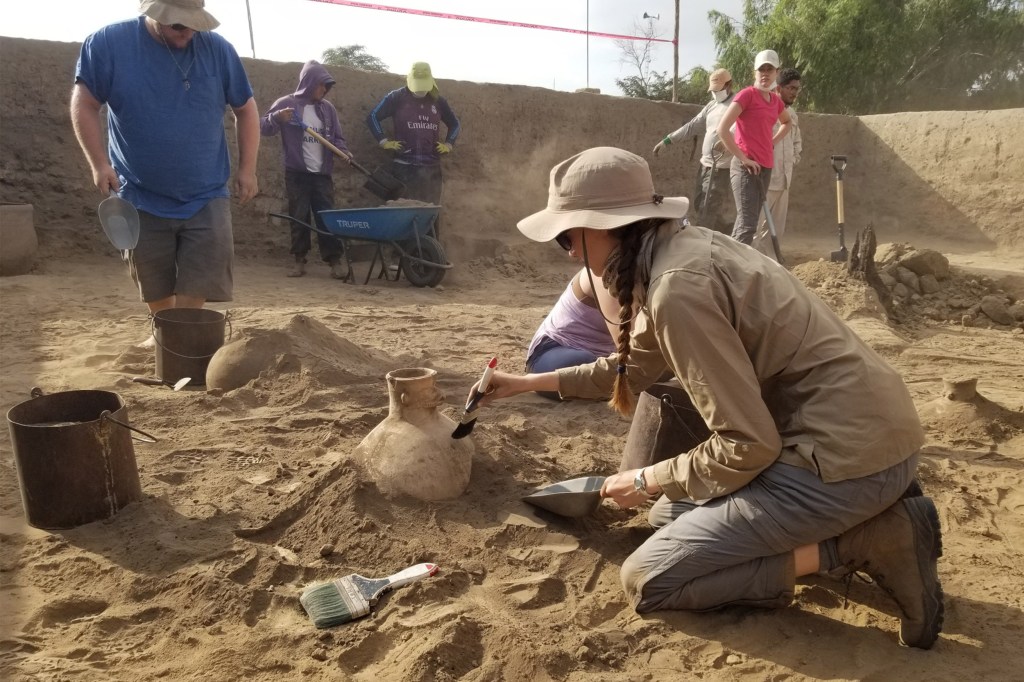
-
Bacow sits down with lawmakers
Larry Bacow visited the nation’s capital this week to meet with members of Congress to discuss a range of University priorities, including the effects of federal immigration policy on faculty and students at Harvard and at universities across the nation. The visit comes on the heels of a letter Bacow sent to Secretary of State Mike Pompeo and Acting Secretary of Homeland Security Kevin McAleenan last week urging them to expedite the visa and immigration process for foreign students and researchers.
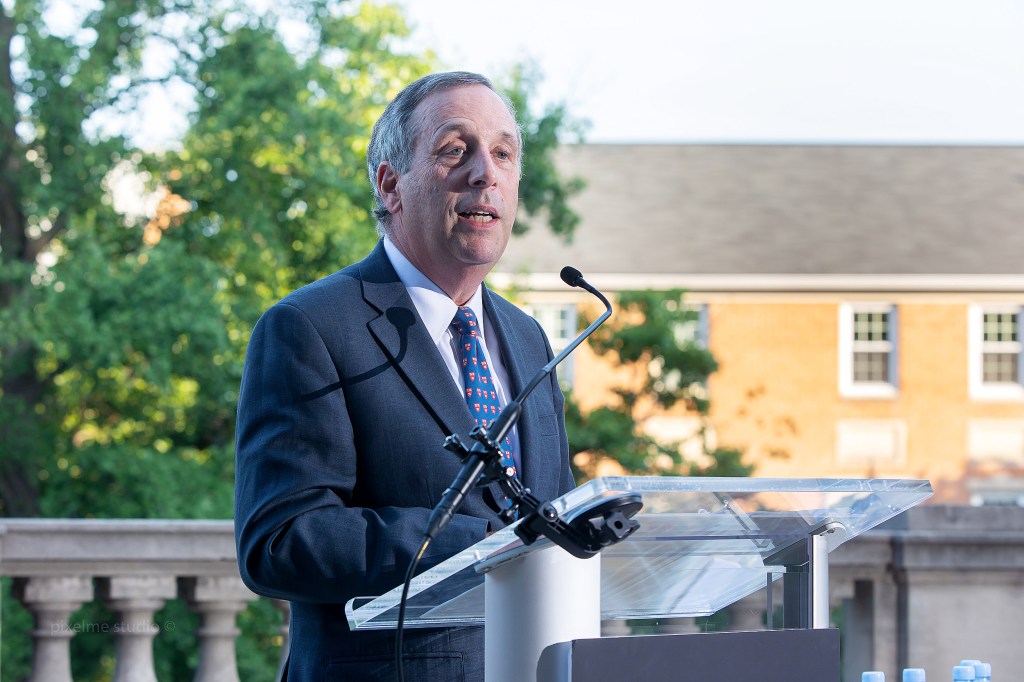
-
Simmer nears boil in Hong Kong
The Gazette spoke with China expert Anthony Saich, director of the Ash Center for Democratic Governance and Innovation and Daewoo Professor of International Affairs at Harvard Kennedy School, about the protests and about what the future might hold for Hong Kong.
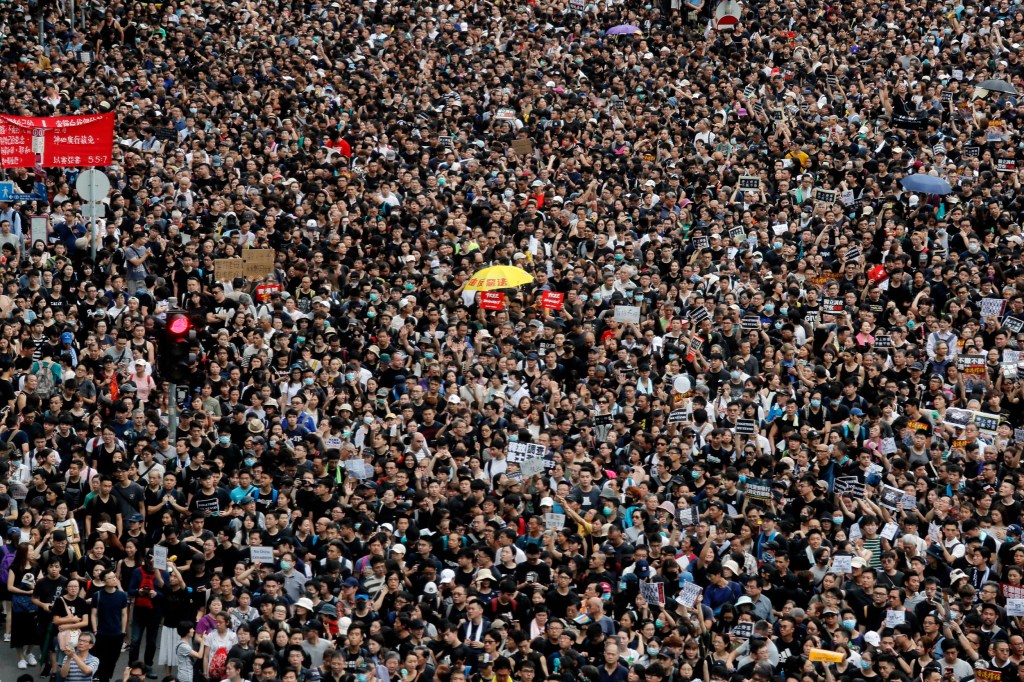
-
Water, life, and climate change in South Asia
In his latest book, Sunil Amrith, the Mehra Family Professor of South Asian Studies and chair of the Department of South Asian Studies, describes the ageless link between water and prosperity in South Asia and examines the new challenges of climate change.
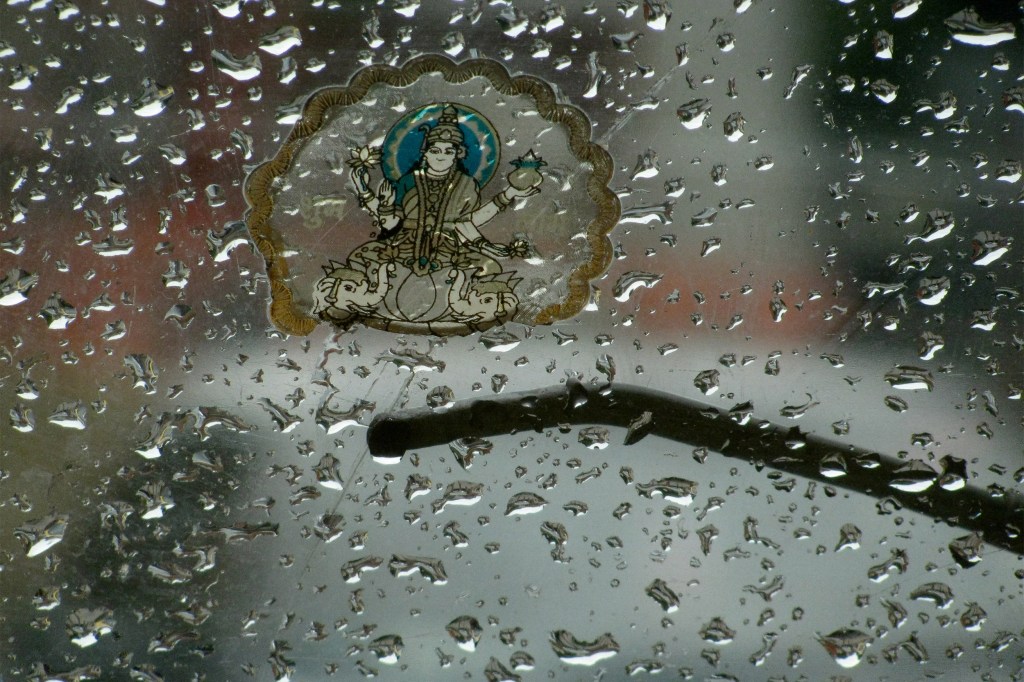
-
Stonewall then and now
Harvard scholars reflect on the history and legacy of the 1969 Stonewall demonstrations that triggered the contemporary battle for LGBT rights in America.
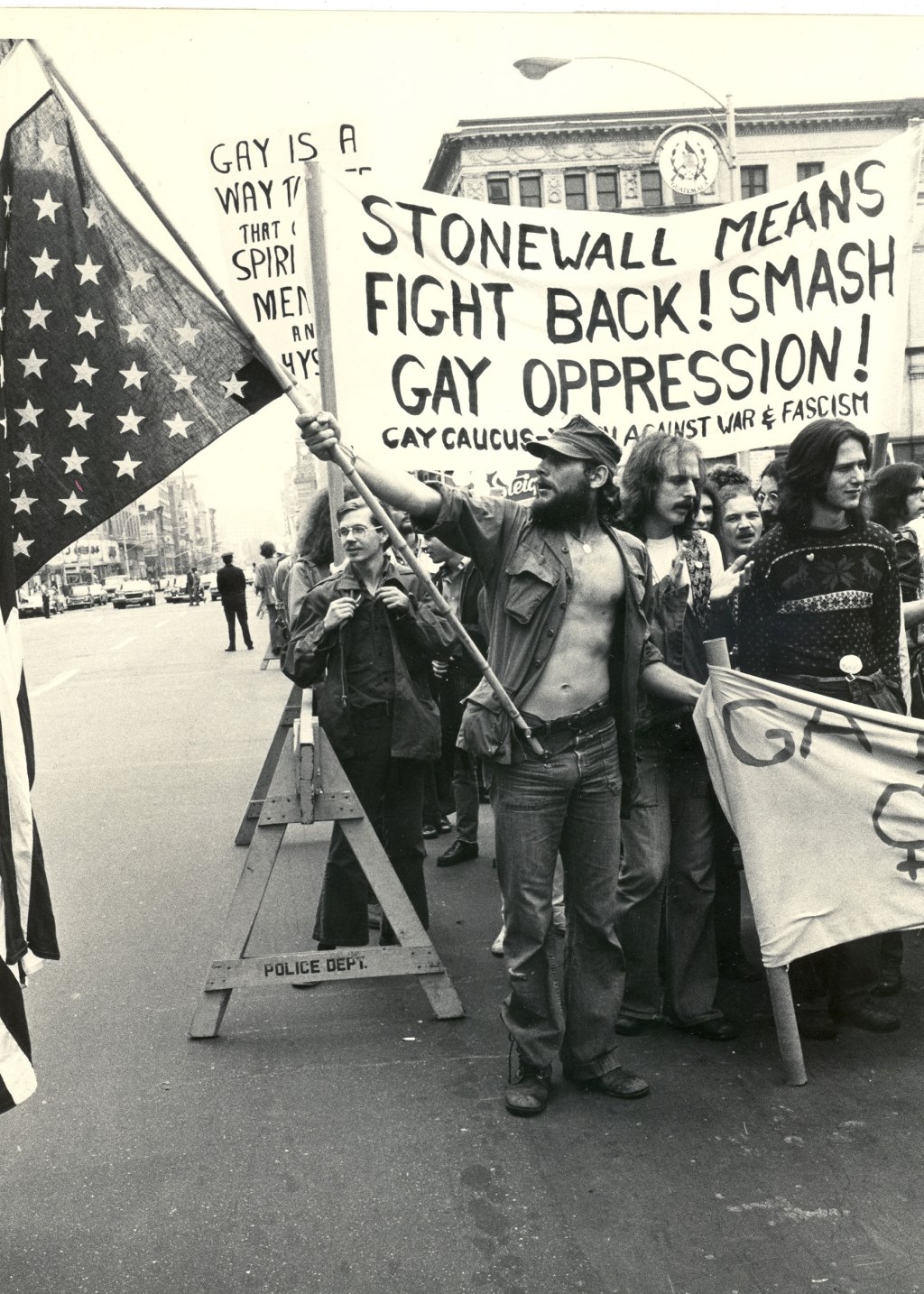
-
Halting urban violence seen as a key to ending poverty
Harvard Kennedy School researcher and former Obama official Thomas Abt’s new book offers a concrete prescription for bringing peace to the streets.
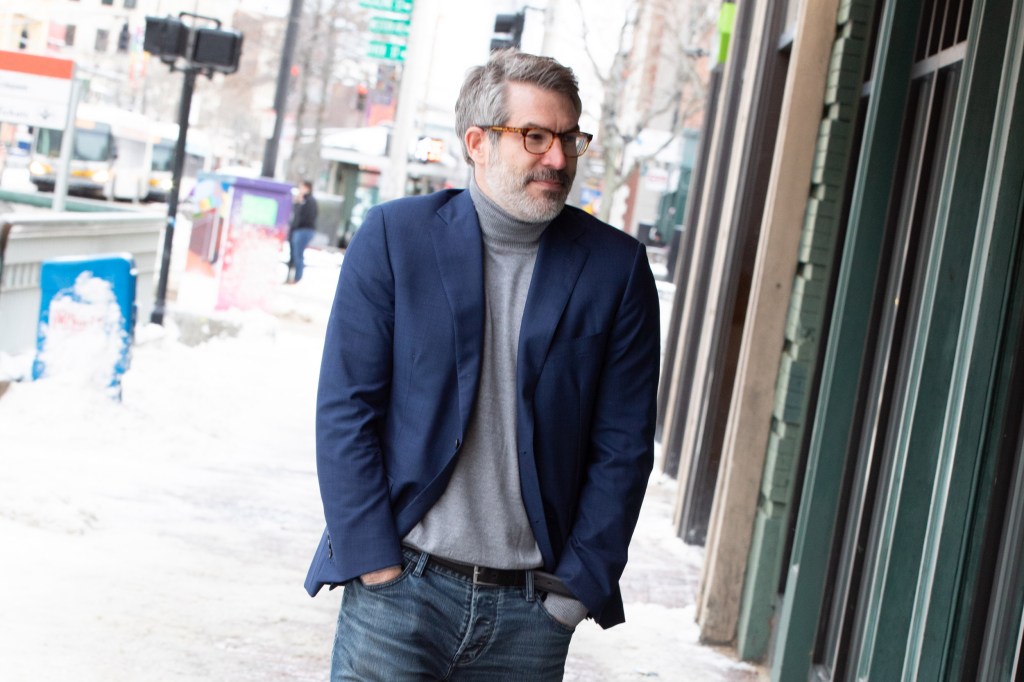
-
How workplace harassment programs fail
Corporate America began embracing workplace initiatives to end harassment nearly a half century ago. So why is it still a big problem?

-
The sparring over trade
Far more than avocados and Modelo beer will be affected if the U.S. follows through on threats to start taxing Mexico, China, and other countries. Sustained disputes could destabilize the global economy, prompt an economic downturn, and pose national security risks.
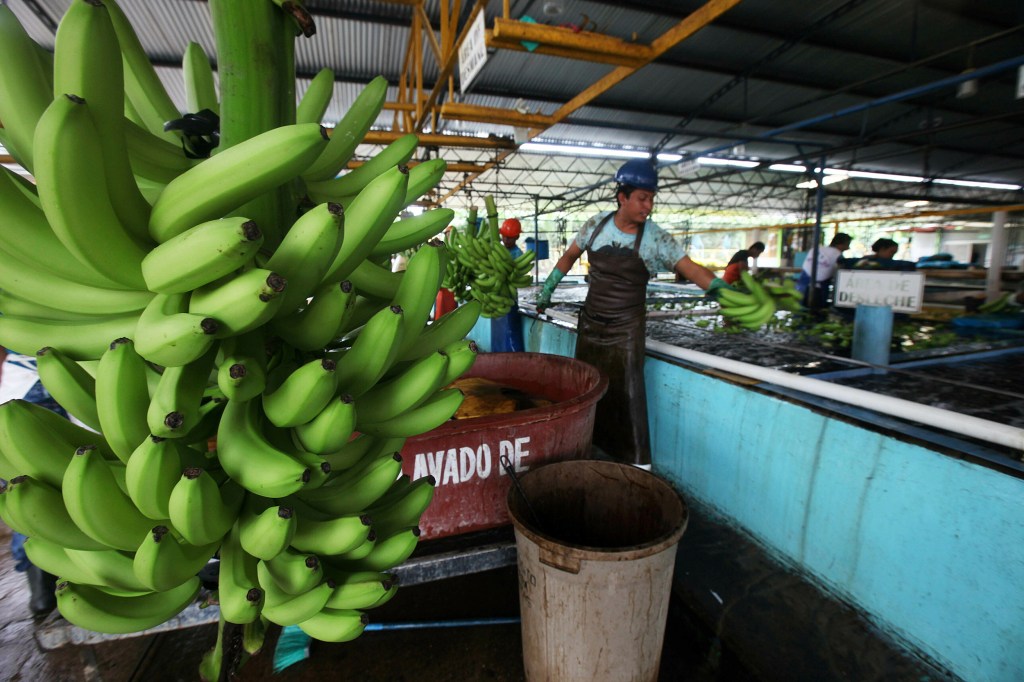
-
Women’s World Cup cheat sheet
Chris Hamblin, a Bristol, England, native and the Branca Family Head Coach for Harvard Women’s Soccer, analyzes the teams and players to watch during the world’s biggest soccer tournament.

-
The Modi mandate
The Gazette talks about India’s second-term prime minister, Narendra Modi, with Harvard Kennedy School fellow Ashutosh Varshney, who recently returned from observing the country’s national elections.
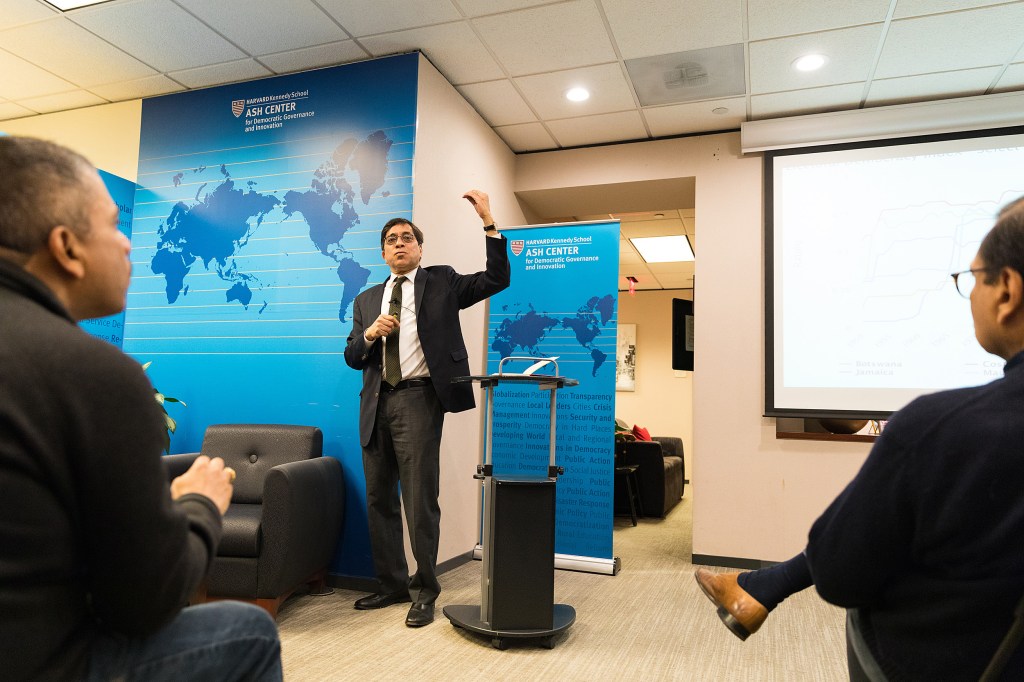
-
Generation Merkel at Harvard
The Gazette speaks with members of Harvard’s Generation Merkel in advance of German Chancellor Angela Merkel’s commencement speech.
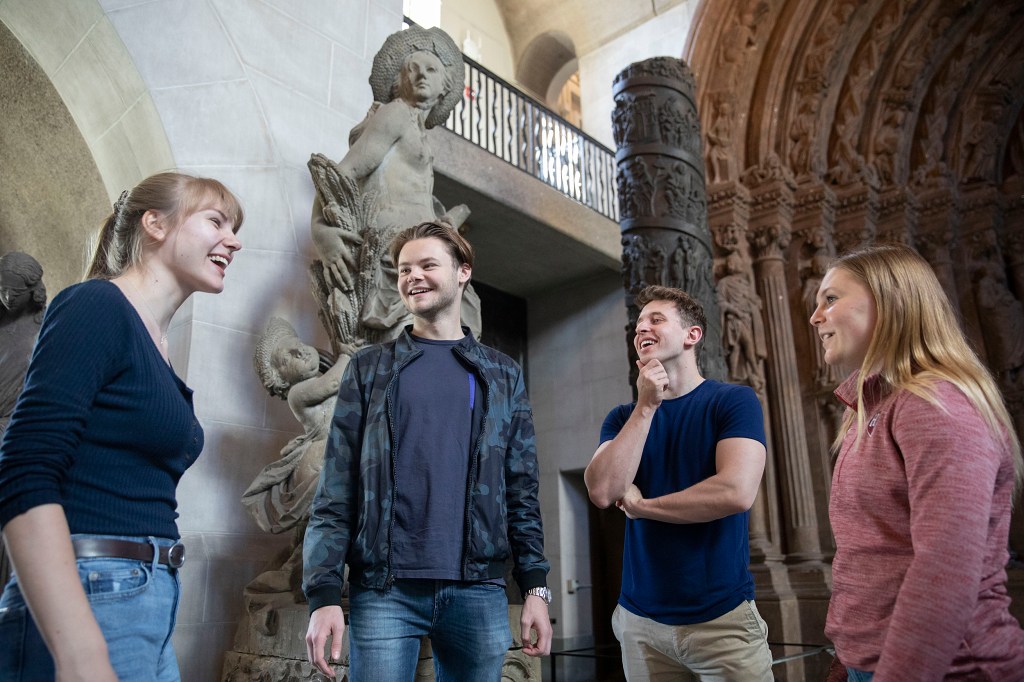
-
Angela Merkel, the scientist who became a world leader
In advance of German Chancellor Angela Merkel’s arrival at Harvard as its Commencement speaker, those who know her describe her rise to global prominence.
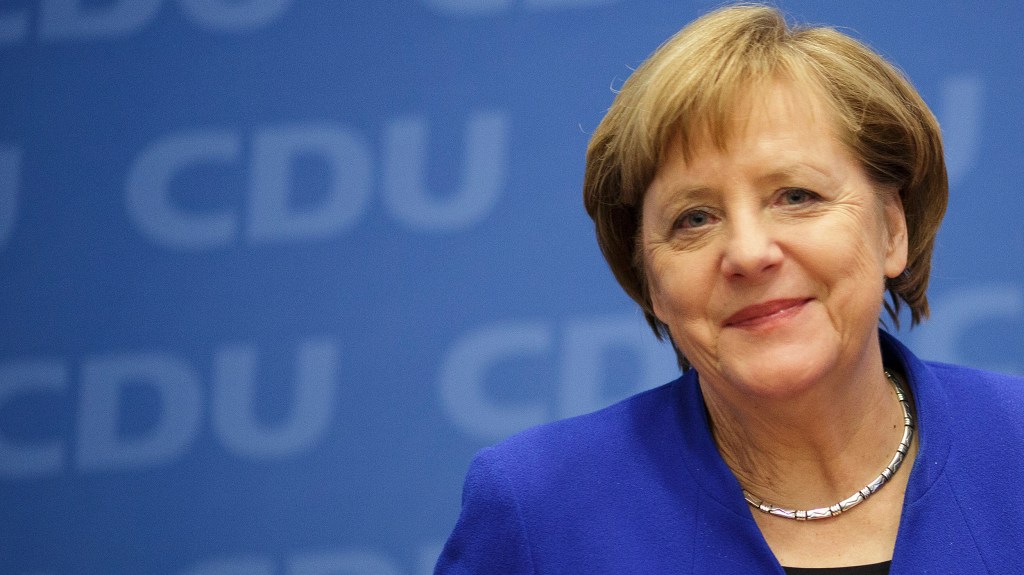
-
Unpacking the power of poverty
Social scientists have long understood that a child’s environment can have long-lasting effects on their success later in life. Exactly how is less well understood. A new Harvard study points to a handful of key indicators, including exposure to high lead levels, violence, and incarceration, as key predictors of children’s later success.
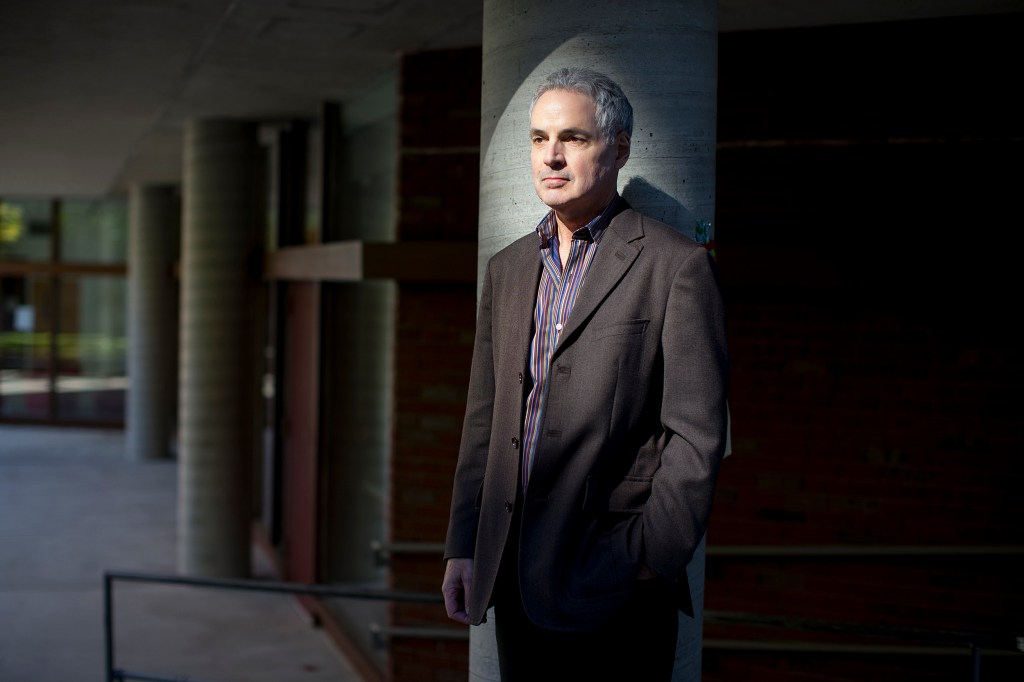
-
Amid India elections, Harvard study aligns data with constituencies
A team at the Center for Population and Development Studies and the Center for Geographic Analysis has remapped a trove of health and wellness data to align it with political districts in India, to help voters in the world’s largest democracy better decide how to vote in the six-week election.
